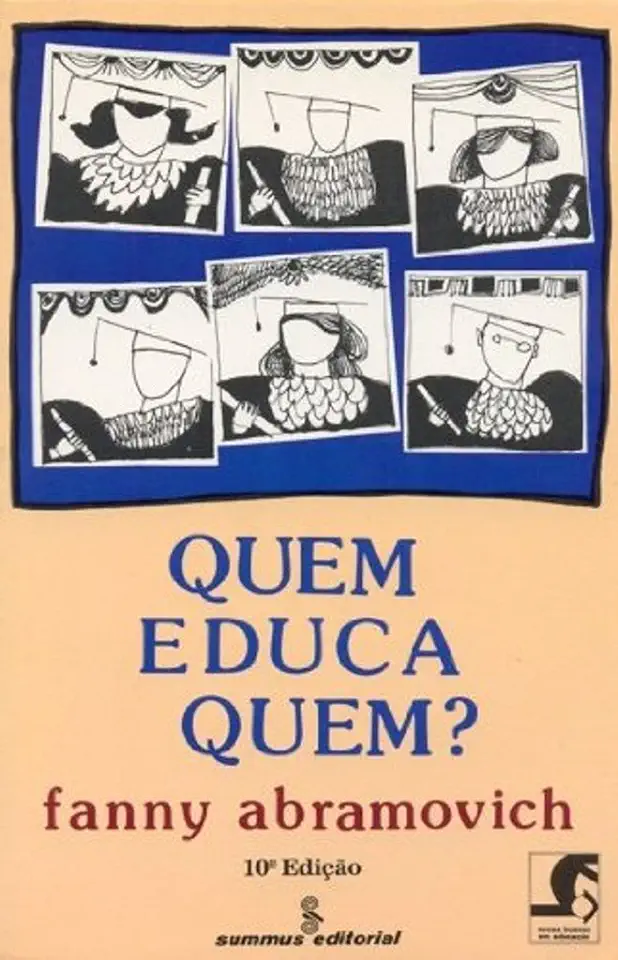
Who Educates Whom? - Fanny Abramovich
Who Educates Whom?
A Revolutionary Approach to Education
In her groundbreaking book, "Who Educates Whom?", Fanny Abramovich challenges traditional notions of education and offers a revolutionary approach that puts the learner at the center of the learning process. Drawing on her extensive experience as an educator and researcher, Abramovich argues that the current education system is failing to meet the needs of today's learners and that a radical transformation is needed.
Key Insights
Abramovich's book is based on several key insights that challenge conventional thinking about education:
- The learner is the center of the learning process. Education should be tailored to the individual needs and interests of each learner, rather than being based on a one-size-fits-all approach.
- Learning is a lifelong process. Education should not be limited to the years spent in school, but should continue throughout a person's life.
- Education is not just about acquiring knowledge. It is also about developing critical thinking skills, problem-solving abilities, and the capacity for lifelong learning.
- The role of the educator is to facilitate learning, not to dictate it. Educators should create an environment that encourages learners to explore, discover, and construct their own knowledge.
A New Vision for Education
Based on these insights, Abramovich proposes a new vision for education that is learner-centered, lifelong, holistic, and transformative. She argues that this new vision requires a fundamental shift in the way we think about education, from seeing it as a process of transmitting knowledge to one of facilitating learning.
Key Features
"Who Educates Whom?" is a must-read for anyone interested in education reform. It is a thought-provoking and inspiring book that offers a fresh perspective on the purpose and practice of education. Some of the key features of the book include:
- A comprehensive analysis of the current education system and its shortcomings
- A clear and concise explanation of Abramovich's revolutionary approach to education
- Practical examples of how Abramovich's approach can be implemented in schools and other learning environments
- A call to action for educators, parents, and policymakers to transform education
Conclusion
"Who Educates Whom?" is a powerful and persuasive book that will change the way you think about education. It is a must-read for anyone who cares about the future of learning.
Call to Action
If you are interested in learning more about Abramovich's approach to education, I encourage you to read her book, "Who Educates Whom?". You can also visit her website, www.fannyabramovich.com, for more information.